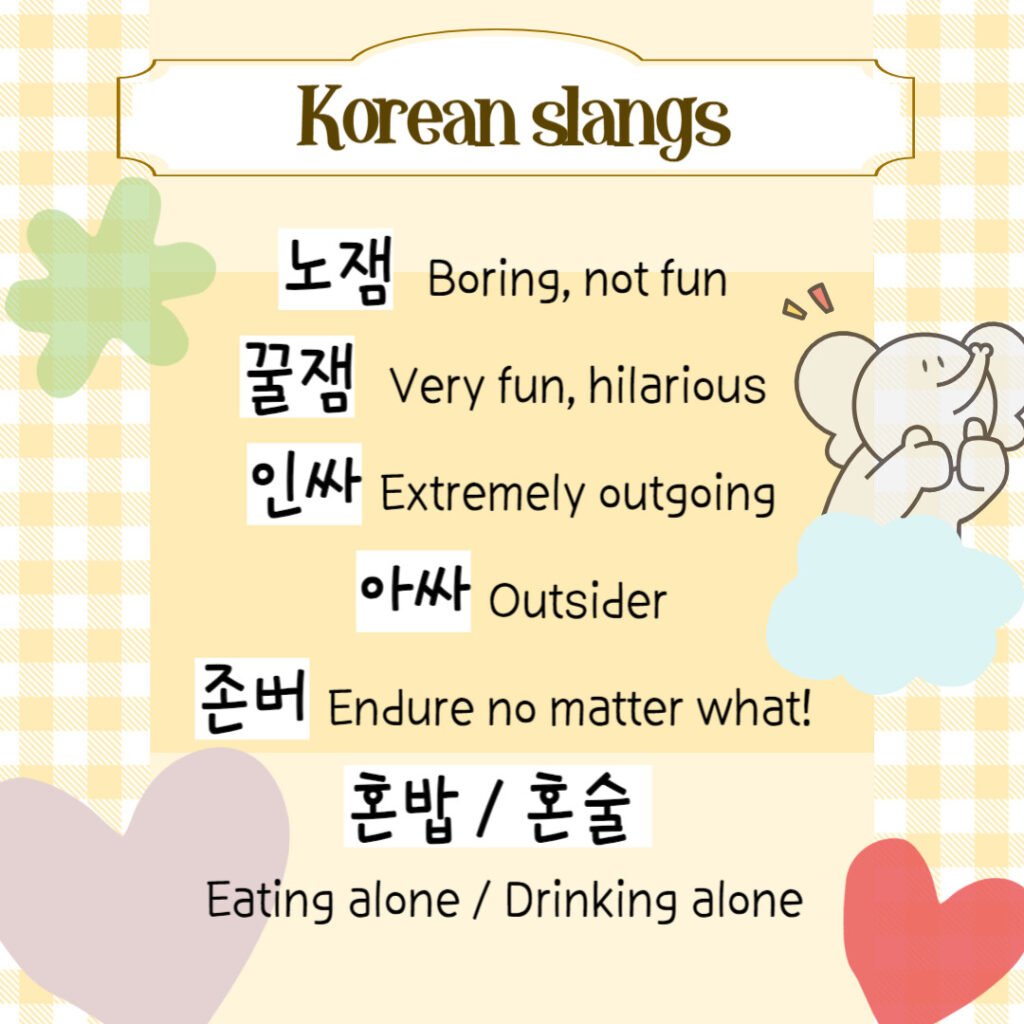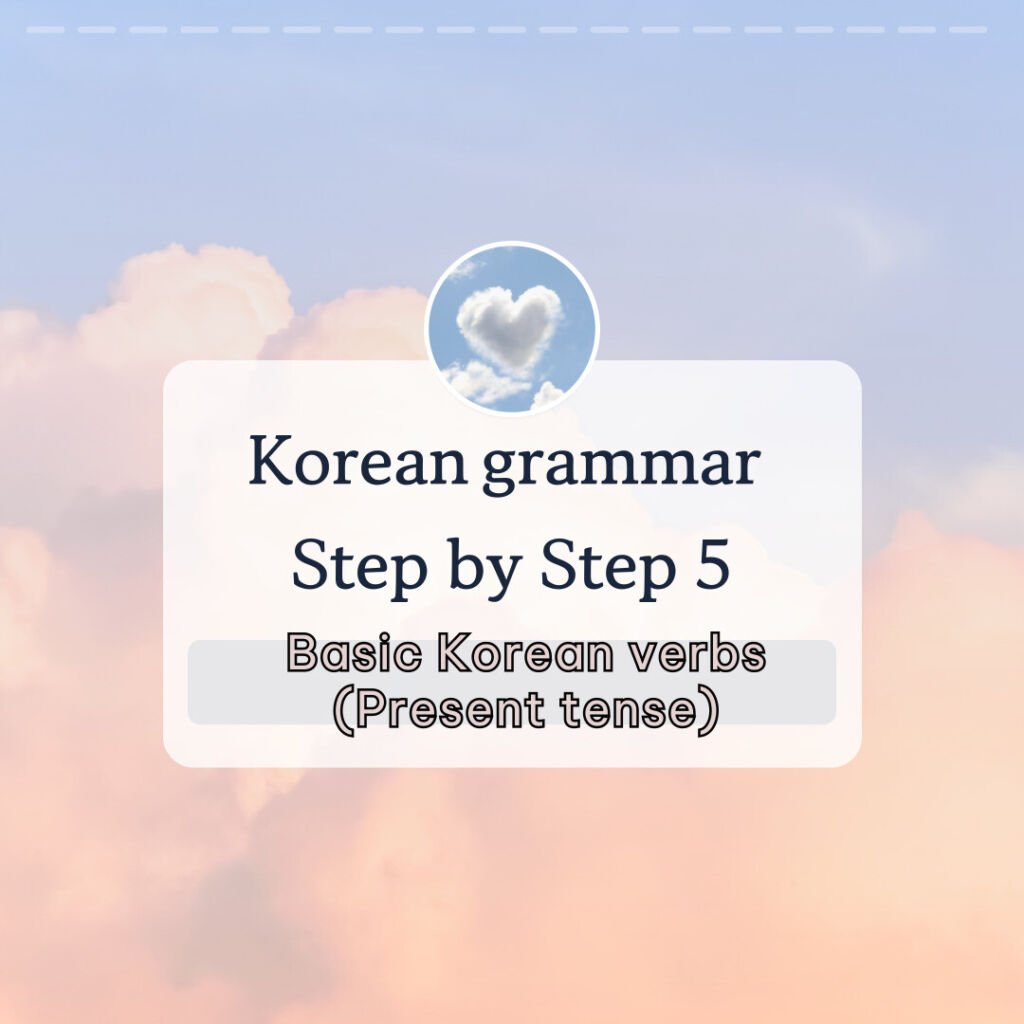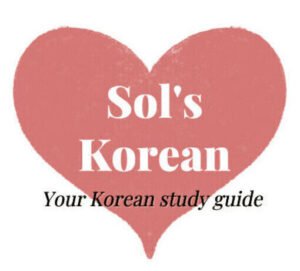
안녕하세요! (Annyeonghaseyo!) Welcome back to our Korean learning blog. Today,…

Hello Guys!! 🌸 In this post, we will delve into…

Hello, welcome to our 5th step of your Korean journey!…

Hello, everyone! Today, we will learn a bit advanced Korean…

Hello! Today, we’re going to learn about the 만큼 grammar…

Hello, language learners! Welcome back to our journey of mastering…
